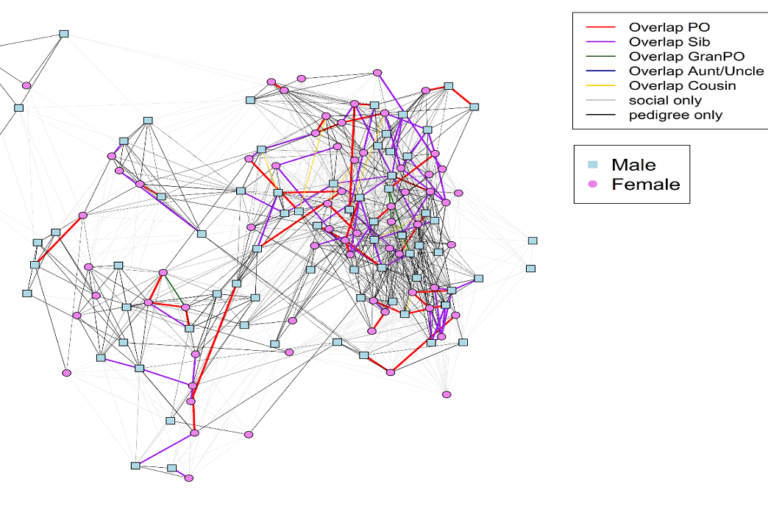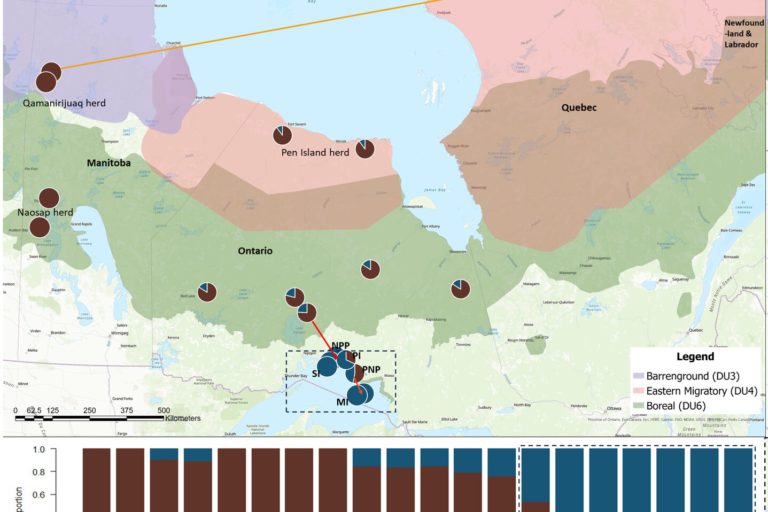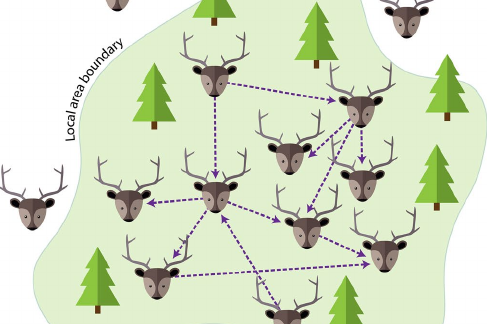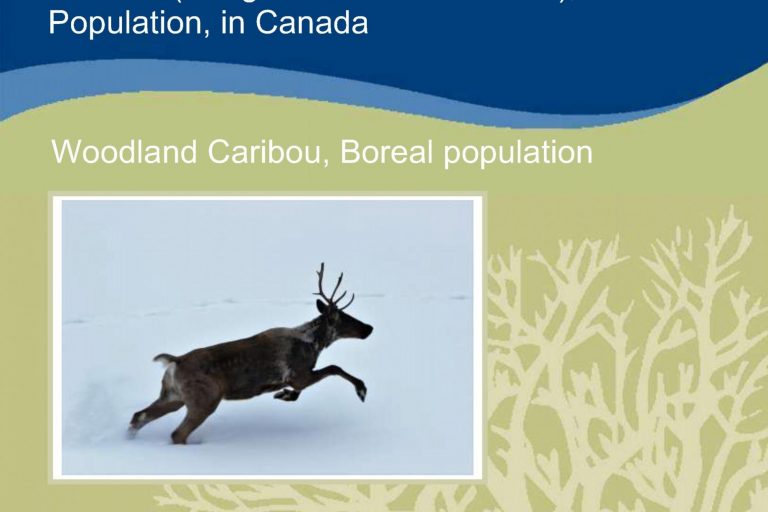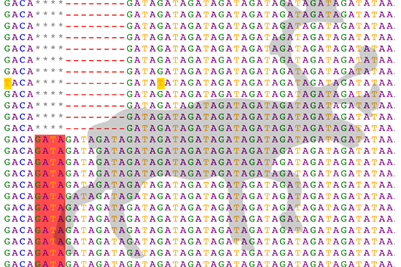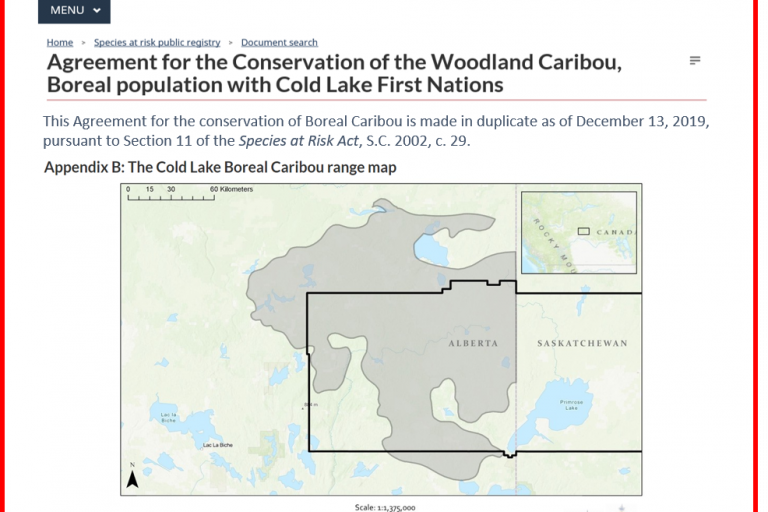Congratulations to Ella Clarke on successfully defending her M.Sc. thesis!
We are thrilled to announce that Ella Clarke has successfully defended and completed her M.Sc. thesis in Environmental and Life Sciences at Trent University. Her thesis, titled “Exploring End-User Accessible Microsatellite and Microhaplotype Nanopore Sequencing with the Oxford Nanopore’s MinIONTM Device”, represents a notable contribution to the field of wildlife monitoring applied to caribou in Canada,…

